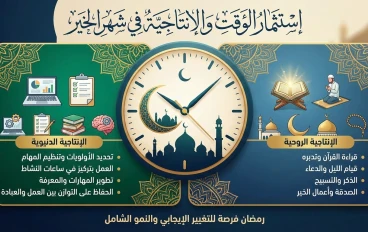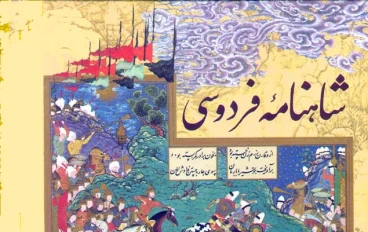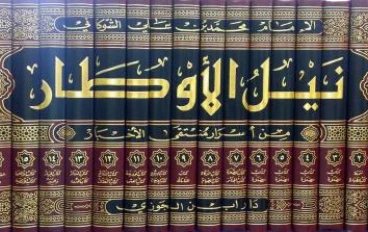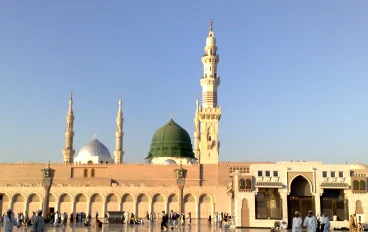
The month of Ramadan: Its History, Traditions, and Significance in Islam
Ramadan is the ninth month of the Islamic calendar, observed by Muslims worldwide as a month of fasting, prayer, and reflection. As the most significant month in the Islamic calendar, Ramadan holds great religious and cultural significance for millions of Muslims worldwide.
In this article, we will explore the customs and practices of Ramadan, its history, and its significance to the Muslim faith.

History of Ramadan
Ramadan commemorates the revelation of the first verses of the Quran to the Prophet Muhammad in 610 CE. According to Islamic tradition, the revelation occurred during the month of Ramadan, making it a holy month.
During the month of Ramadan, Muslims abstain from food, drink, and other physical needs from dawn until sunset. They are encouraged to engage in prayer and meditation and to focus on spiritual reflection and self-improvement.
Customs and Practices
Ramadan is a time for Muslims to focus on their spiritual growth and development. It is a time for reflection, prayer, and giving to others. Muslims also use this time to strengthen their relationship with God and to renew their faith.
The most well-known practice during Ramadan is fasting. Muslims fast from dawn until sunset, refraining from food, drink, and other physical needs. The fast is broken at sunset with a meal called iftar, which typically consists of dates and water, followed by a larger meal.
Charity is also an essential aspect of Ramadan. Muslims are encouraged to give to those in need, and many organizations and individuals donate food, money, and other resources to help the less fortunate during this time.
In addition to fasting and charity, Ramadan is also a time for increased prayer and recitation of the Quran. Muslims often gather at mosques for evening prayers, known as tarawih, and to listen to religious lectures.
Significance of Ramadan
Ramadan is a time for spiritual renewal and growth. It is a time for Muslims to focus on their faith and to connect with God. Fasting during Ramadan is a way for Muslims to practice self-discipline and to remember those who are less fortunate.
Ramadan is also a time for community and fellowship. Muslims often gather with family and friends to break the fast and to share meals together. Many mosques hold special events and programs during Ramadan, bringing the community together in prayer and celebration.
In conclusion, Ramadan is a significant month in the Islamic calendar, observed by millions of Muslims worldwide. It is a time for spiritual renewal, reflection, and growth, and it holds great cultural and religious significance.































